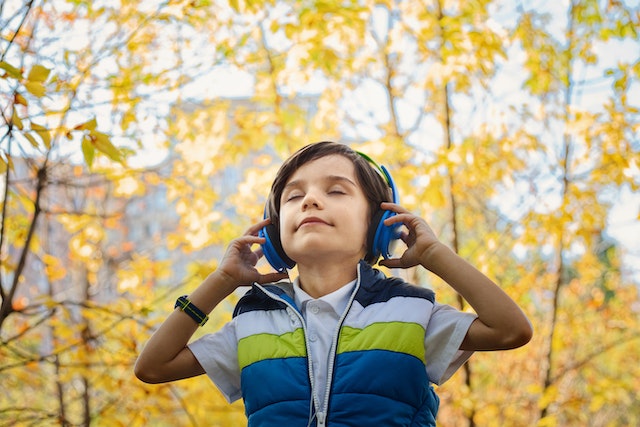What Music Does to The Society
Music affects society. It helps to bring out the meaning of the thoughts floating in our heads and can be a means of communication. It is also a vehicle for social change.
All civilizations depend on music, which can influence society emotionally, morally, and culturally. People from different cultures can learn much about one another’s ways of life by exchanging music. Understanding the connection between music and social bonding is especially important during conflict when other forms of communication are difficult to use. Music as a cultural right may facilitate the promotion and defense of other human rights. It can aid healing, tearing down barriers and walls, rapprochement, and education. Music is being used worldwide to promote social change and unite communities.
Contents
The Role of Music in People’s Life Stories
Throughout the centuries, music’s place in people’s stories has evolved in many ways. It has been applied to social and cultural change through communication. Additionally, it has aided in healing, reconciliation, and education. All human civilizations depend on music as a fundamental element and a means of personal expression. Archeological findings suggest that the practice of music storytelling dates back over 43,000 years.
In the 20th century, storytelling became more and more prominent in music. Rapid advances in technology and information access led to dramatic changes. The visual arts, in particular, were able to flourish, but the artistic “revolution” was not limited to that medium. Speculative attempts have been made to analyze pitches and possible variants, and many artists like Dan Avidan have been trained in storytelling.
Art is a Vehicle For Social Change
Throughout history, art has been crucial in bringing about social change. Art helps to build community, inspire empathy and spur action for positive change. Through traditional art or new forms of “social practice,” artists are changing our world.
Favianna Rodriguez is a cultural organizer who focuses on social change. She expresses her ideas through the visual arts. Her works of art explore gender constructs and cultural hybridity. She has won praise from all over the world.
In the 1800s, artists created artworks to confront and solve social problems. They hoped that their work would change the way people think. They exhibited their paintings in fashionable exhibition venues. They believed that their work would affect public opinion and spark discussion.
Many artists today use their work to challenge social stereotypes. They give voice to the voiceless, spark conversations, and provide an outlet for self-expression.
In Chicago, a new exhibit at the Chicago Cultural Center, Off the Beaten Path: Violence, Women, and Art, focuses on how artists use their art to address social issues. Rena Effendi, an award-winning photographer, depicts the socioeconomic impact of globalization in her artwork.
Music is a Means of Communication
Throughout history, music has played an essential role in communication. However, music has evolved, as with many other aspects of society. This has impacted the structure of our community and the way we interact with others.
While many aspects of society require communication, music is one of the more powerful means of communication. Music can bring people together for a shared experience, elicit emotions in the listener, and evoke memories. As a result, music will continue to impact our society in the future.
Music played a central role in the evolution of our civilization. Darwin’s proto-language hypothesis postulates that music served as an evolutionary intermediate to language. Music may have also served as a way for early humans to coordinate their activities.
All human societies need music to function. It serves as a medium for communication, education, entertainment, and artistic expression.

